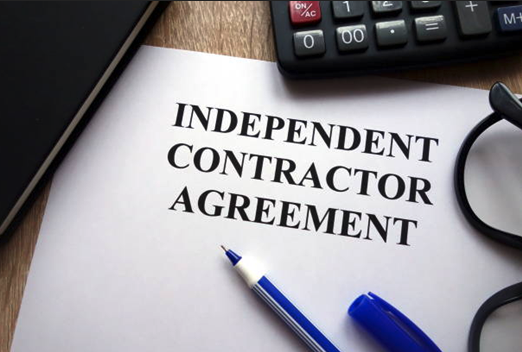ACCC Concerned Over Pricing of Rapid Antigen Tests (RATs)
The Australian Competition and Consumer Commission (ACCC) says it has significant concerns over the retail price of rapid antigen tests (RATs), considering wholesale costs are much lower.

The Australian Competition and Consumer Commission (ACCC) says it has significant concerns over the retail price of rapid antigen tests (RATs), considering wholesale costs are much lower.
The ACCC said the wholesale cost of a single RAT test ranges between $3.95 and $11.45. Despite this, the retail price often between $20-30 per test and can sometimes reach over $70 a test through smaller retail outlets.
The consumer watchdog also said the prices seem to be higher than in the initial days of reporting.
“At the extreme end, we have received reports or seen media coverage of tests costing up to $500 for two tests through online marketplaces, and over $70 per test through convenience stores, service stations and independent supermarkets, which is clearly outrageous,” ACCC Chair Rod Sims said.
“There are several businesses that have repeatedly come to our notice thanks to the information provided by the public. We are asking those businesses to urgently explain the prices they are charging.”
Some suppliers and retailers have been questioned by the regulator about their costs and retail sales prices. Businesses must be able to substantiate any claims they make to consumers about the reasons for higher prices.
“Our inquiries so far confirm that a large volume of orders have been placed. However, given delays in the supply of tests, or test parts, into Australia, delays in distribution due to COVID illness or isolation requirements within workforces and at the retailer level, there is significant difficulty forecasting accurate supply.”
“Only a few weeks ago tests were readily available at most chemists and supermarkets for around $10 for a single test.”
“We realise demand and supply chain issues have impacted since then, but our initial research suggests that a price of around $20 per test or more, however packaged, may be hard to justify based on the average wholesale costs and such retailers should explain why the price is so high,” Mr Sims said.
“As supply chain issues ease and orders arrive, consumers should be able to access tests at more reasonable prices.”
“Any test costing more than $30, even with supply constraints, is almost certainly too expensive and would seem to be taking advantage of the current circumstances,” Mr Sims said.
In certain circumstances, excessive pricing of essential goods or services may also be unconscionable conduct, a potential breach of the Australian Consumer Law.
The ACCC says that while suppliers are generally able to set their own prices, businesses must not make false or misleading statements about the reason for high prices. In certain circumstances, excessive pricing of essential goods or services may also be unconscionable.
The ACCC established a team to work on the RAT issue in early January.





